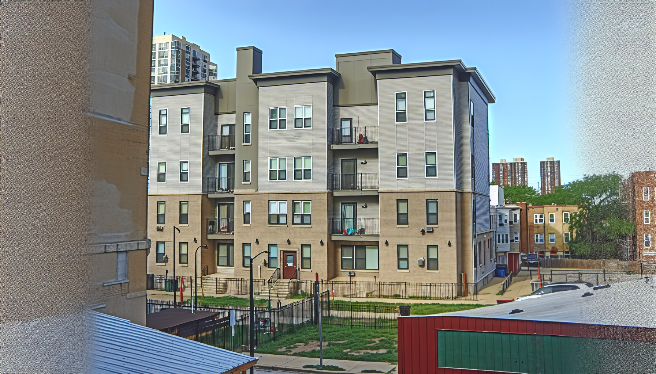The quest for affordable housing is a critical issue facing countless communities around the globe. Today, we dive deep into the policies that shape this landscape, understanding how they impact those in dire need of a place to call home.
Understanding the Issue: What Is Affordable Housing?
Before we delve into policies, let’s define what we mean by affordable housing. It refers to housing units that are affordable to those with a median household income as rated by the national government or a local government by a recognized housing affordability index. This term is inclusive, recognizing the need for housing suitable for people with different income levels and family compositions.
The Role of Government Subsidies
One of the primary tools in the affordable housing policy toolkit is government subsidies. These can take the form of direct housing subsidies to individuals or tax incentives to developers to construct affordable units. The effectiveness of these subsidies can vary significantly, often depending on the robustness of their implementation and the responsiveness to local housing market conditions.
Zoning Laws and Affordable Housing
Zoning laws have a significant impact on the availability of affordable housing. These regulations determine what can be built where, affecting density and the type of housing allowed. Inclusionary zoning, for example, requires that a certain percentage of new construction be designated for low- to moderate-income residents. On the other hand, overly restrictive zoning can drive up housing costs, limiting the availability of affordable options.
Rent Control: Protection or Deterrent?
Rent control policies are designed to limit the amount by which rent can increase in an effort to make housing more affordable. While these can offer immediate relief to tenants, some argue they can discourage investment in rental properties and reduce the availability of rental units overall. The balance between protecting tenants and encouraging a healthy rental market is a delicate one.
The Impact of Community Land Trusts
Community Land Trusts (CLTs) are nonprofit corporations that own and steward land on behalf of a community, maintaining ownership of the land while allowing individuals to purchase or rent the housing on the land. CLTs ensure long-term affordability since the trust retains ownership of the land, providing a unique and sustainable approach to affordable housing.
Driving Policy Change for Better Outcomes
No single affordable housing policy is a silver bullet, and often, a combination of initiatives is necessary to make tangible progress. Community involvement in shaping these policies is crucial. Advocacy for policy changes should be informed by the needs of residents, data-driven analysis, and a recognition of local economic realities.
As we continue to analyze and understand the myriad policies affecting affordable housing, our goal remains firm: to advocate for solutions that provide stability and hope to those struggling to find affordable options. Teamwork between policymakers, non-profits, developers, and most importantly, the community, is key to unlocking the potential of policies that can make a true difference.



